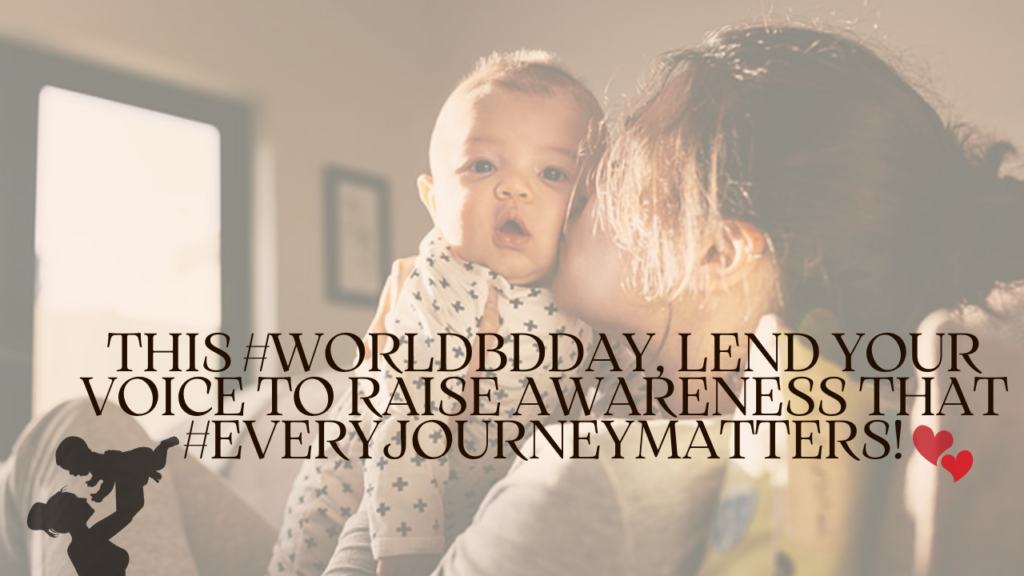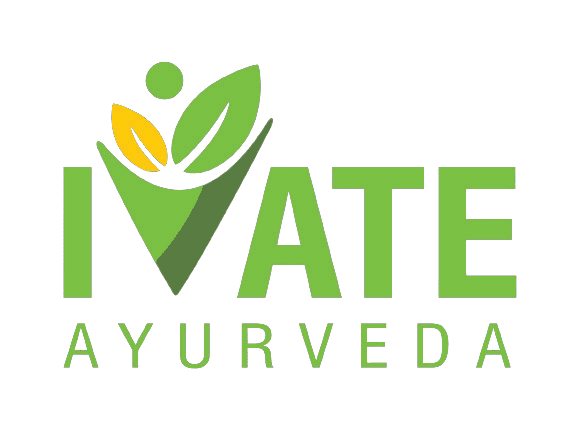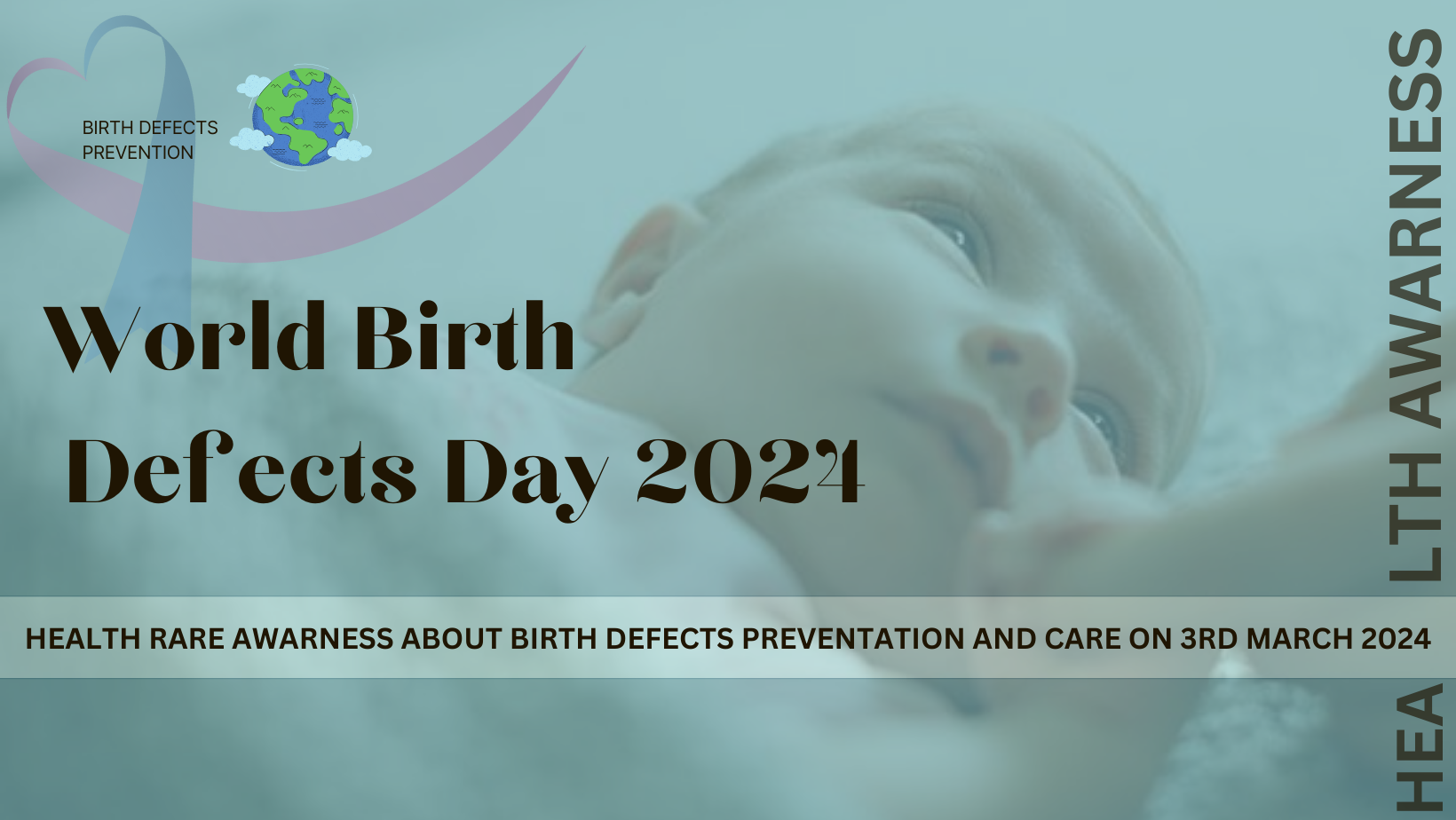World Birth Defects Day On 3rd March
Table of contents
- Worldwide Scope of Birth Defects
- Causes and Risk Factors
- Impact on Individuals and Families
- The Importance of Spreading Awareness and Advocating
- Medical Research and Treatment Options
- Challenging Related to Birth Defects
- Government Actions to Support Individuals with Birth Defects
- Overcoming Challenges with Birth Defects
- What are the Remedies?
- Conclusion
World Birth Defects Day, observed annually on March 3rd, is a global initiative aimed at raising awareness about the birth defects that affect millions worldwide. This day serves as a platform to educate communities, support families, and advocate for preventive measures and access to care. Through various awareness campaigns, events, and educational programs, World Birth Defects Day seeks to highlight the impact of on individuals, families, and societies while promoting research, prevention strategies, and inclusive support systems. It’s a crucial opportunity to unite efforts in addressing the challenges associated with birth defects and fostering a healthier future for all.
Worldwide Scope of Birth Defects
- Birth defects are a significant global health concern affecting millions annually.
- Prevalence rates vary across regions, influenced by socioeconomic factors and healthcare access.
- Low-income countries face challenges in detection and treatment.
- Undetected or untreated birth defects exacerbate burdens on families and healthcare systems.
- Despite medical advancements, challenges persist in addressing root causes and providing equitable care.
- Raising awareness and improving prenatal screening are crucial steps.
- Advocacy for inclusive policies is essential in mitigating the impact of birth defects worldwide.
Causes and Risk Factors
- Genetic factors, including inherited disorders and chromosomal abnormalities, contribute to birth defects.
- Exposure to teratogens during pregnancy, such as certain medications or environmental toxins, increases the risk.
- Lifestyle choices like smoking, alcohol consumption, and substance abuse elevate the likelihood.
- Inadequate prenatal care, including a lats.ck of proper nutrition or prenatal vitamins, can impact fetal development.
- Maternal health conditions like diabetes, obesity, or infections during pregnancy are associated with higher rates of birth defects.
- Awareness of these factors empowers individuals to make informed decisions and adopt healthier behaviors to reduce the risk of birth defects.
Impact on Individuals and Families
- Birth defects can have profound physical and emotional impacts on individuals and their families.
- Individuals with birth defects may face challenges such as physical disabilities, developmental delays, and chronic health conditions.
- Coping with the diagnosis of a birth defect can lead to emotional stress, anxiety, and feelings of isolation for both individuals and their families.
- Families may experience financial strain due to medical expenses, therapy costs, and specialized care required for managing.
- The need for ongoing medical interventions and support services can disrupt daily routines and impact family dynamics.
- Despite these challenges, individuals and families affected by them often demonstrate resilience, adaptability, and a strong sense of community support.
The Importance of Spreading Awareness and Advocating
- Spreading awareness about the prevalence and impact of Birth Defects fosters understanding and empathy within communities.
- Advocacy efforts strive to ensure access to early detection and medical care for individuals with birth defects.
- Education initiatives aim to empower individuals to make informed decisions about prenatal care and lifestyle choices to reduce the risk of birth defects.
- Advocating for inclusive policies helps create supportive environments for individuals and families affected by birth defects.
- By amplifying our voices and supporting initiatives, we can promote greater acceptance and support for those living with birth defects.
Medical Research and Treatment Options
- Recent medical research has identified innovative treatment options for addressing birth defects.
- Gene therapy and stem cell research offer promising avenues for targeting genetic causes underlying birth defects.
- Surgical techniques have advanced, enabling more precise and effective interventions for correcting structural abnormalities associated with birth defects.
- Clinical trials play a vital role in evaluating the safety and efficacy of emerging treatments, paving the way for improved management.
- Collaborative efforts among researchers, healthcare professionals, and advocacy groups drive progress in developing and implementing new treatments.
Challenging Related to Birth Defects
1.Dispelling myths and stereotypes helps reduce stigma and discrimination.
2.Education and awareness initiatives are key to challenging misconceptions surrounding birth defects.
3.Sharing personal stories and experiences can humanize the issue and promote empathy.
4.Open dialogue fosters understanding and acceptance within communities.
5.Addressing stigma encourages individuals with birth defects to seek support and access resources.
6.Advocating for inclusive policies and practices ensures equal rights and opportunities for those affected.
7.Collaborative efforts among stakeholders are essential for creating a supportive and inclusive environment for individuals with birth defects.

Government Actions to Support Individuals with Birth Defects
1. Legislative measures ensure access to healthcare services, including prenatal screening and specialized care for individuals with birth defects.
2. Inclusive education policies support the academic and social development of children with birth defects, fostering an inclusive learning environment.
3. Employment laws protect the rights of individuals with birth defects against discrimination in the workplace and promote equal opportunities for career advancement.
4. Government funding for research initiatives drives advancements in the understanding, prevention, and treatment of birth defects.
5. Public awareness campaigns raise awareness about the needs and challenges faced by individuals with birth defects, reducing stigma and promoting acceptance.
Overcoming Challenges with Birth Defects
1.Stories of individuals with birth defects demonstrate resilience and perseverance in the face of adversity.
2.These narratives inspire others by showcasing the achievements and successes of individuals living with birth defects.
3.Through their experiences, individuals with birth defects challenge societal stereotypes and promote acceptance and inclusion.
4.Sharing these stories raises awareness about the diverse experiences of people with birth defects and fosters empathy and understanding.
5.Inspirational narratives provide hope and encouragement to individuals and families navigating similar challenges associated with birth defects.
What are the Remedies?
- Consultation with Healthcare Providers: Engaging in open and honest discussions with healthcare professionals, iVate Ayurveda offers free consultations where available, can provide valuable guidance, support, and personalized care for individuals and families navigating the challenges of birth defects.
- Enhanced Prenatal Screening: Expanding access to comprehensive prenatal screening programs can help identify potential birth defects early, allowing for timely interventions and support.
- Healthcare Accessibility: Improving healthcare infrastructure, particularly in low-income regions, ensures that all individuals have access to essential prenatal care, diagnostic services, and specialized treatment options.
- Education and Awareness Campaigns: Continued efforts to educate communities about the risk factors, prevention strategies, and available resources for birth defects are crucial for empowering individuals to make informed decisions and seek necessary support.
- Inclusive Policies: Advocating for policies that protect the rights and promote the inclusion of individuals with birth defects in education, employment, and healthcare settings fosters a more supportive and equitable society.
- Research and Innovation: Investing in medical research to better understand the underlying causes of birth defects and develop innovative treatment options holds the potential to significantly improve outcomes for affected individuals and families.
Conclusion
In conclusion, World Birth Defects Day serves as a pivotal moment to recognize the global impact of birth defects and mobilize efforts towards prevention, support, and advocacy. The multifaceted challenges associated with birth defects, from their diverse causes to their profound effects on individuals and families, underscore the importance of raising awareness, promoting education, and advocating for inclusive policies. By fostering a deeper understanding of birth defects and championing initiatives that prioritize early detection, access to care, and research advancements, we can work towards a future where individuals affected by birth defects are supported, empowered, and included in all aspects of society.



